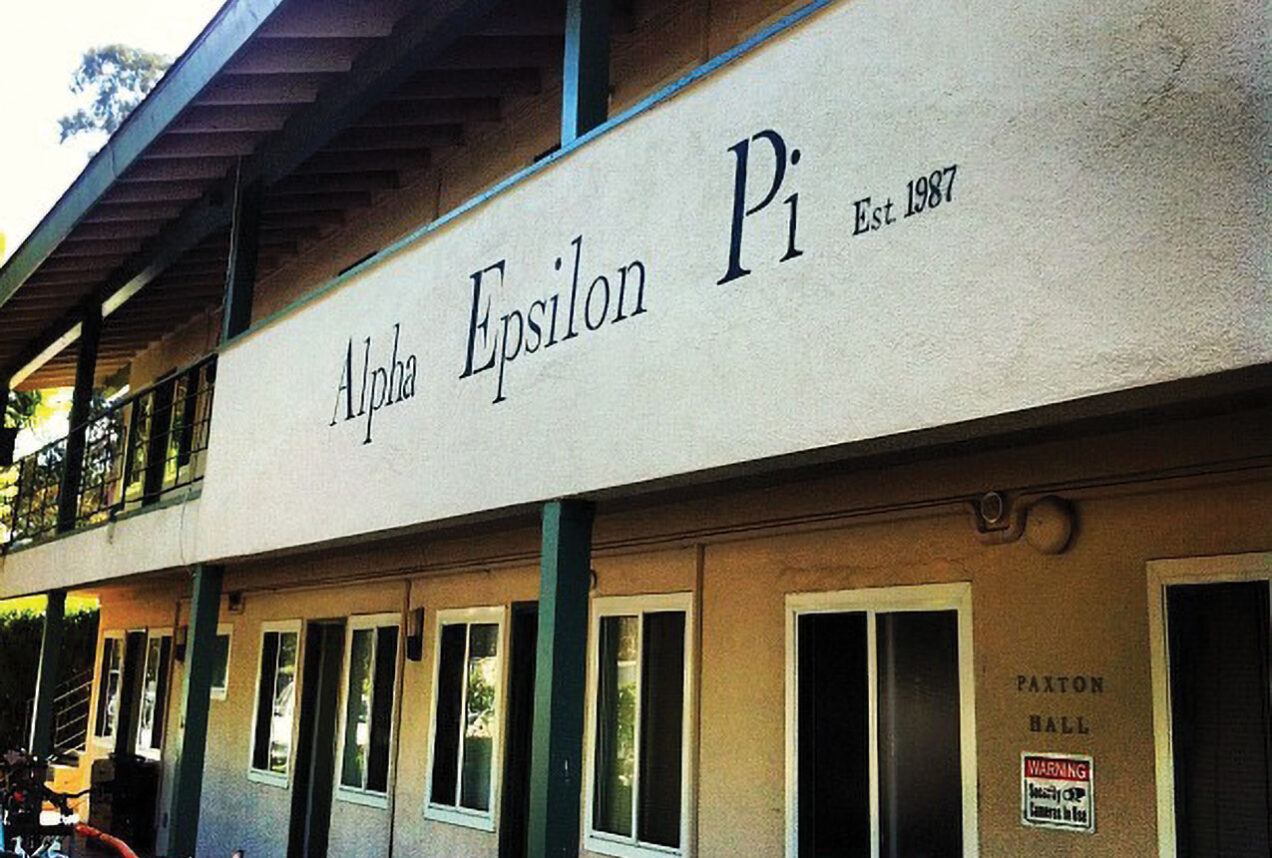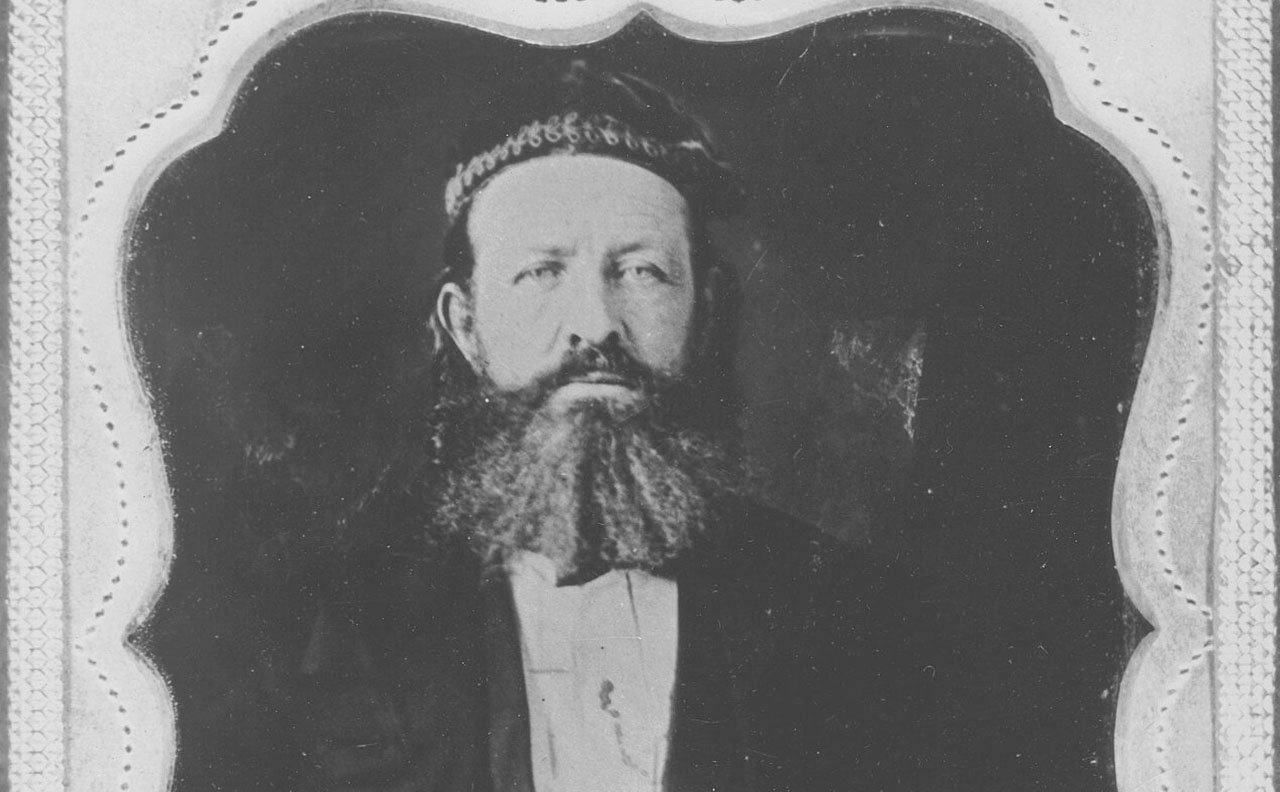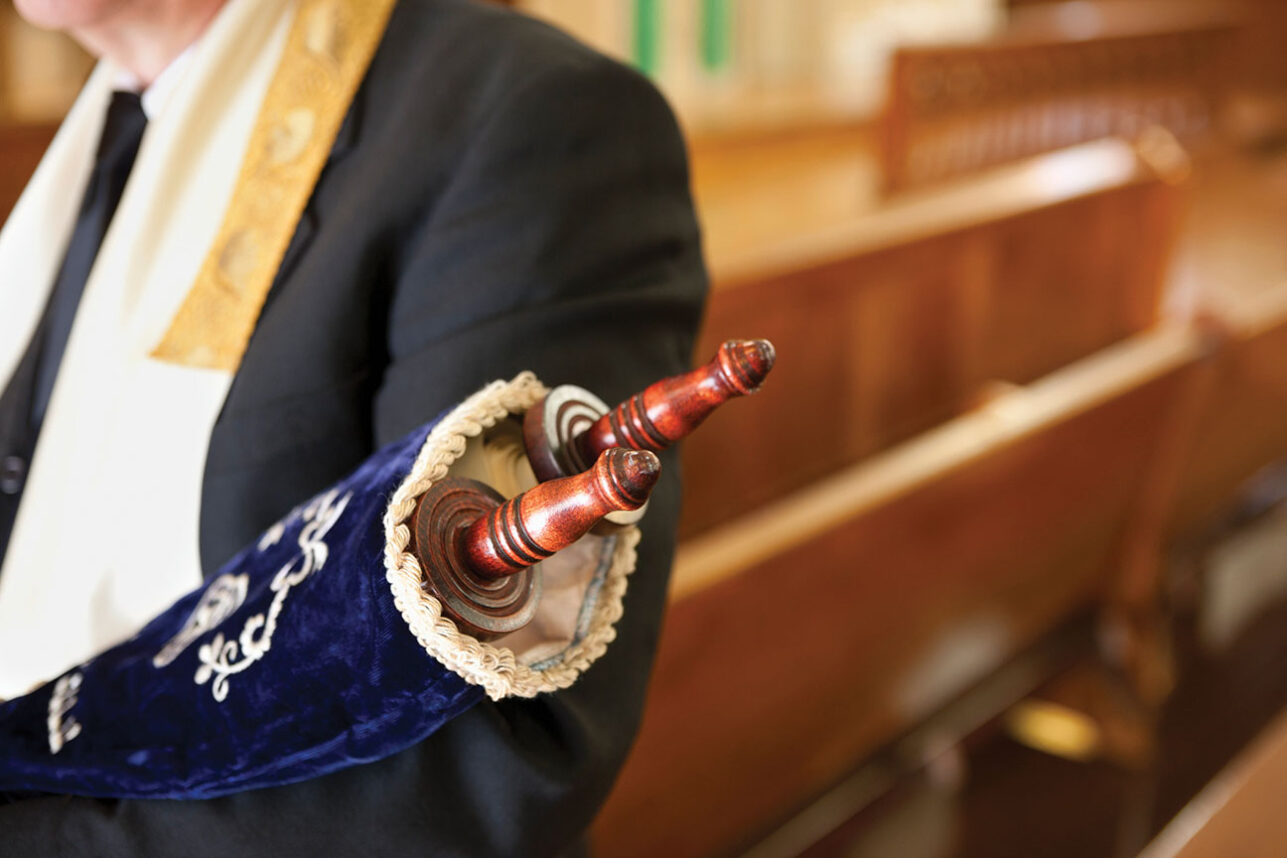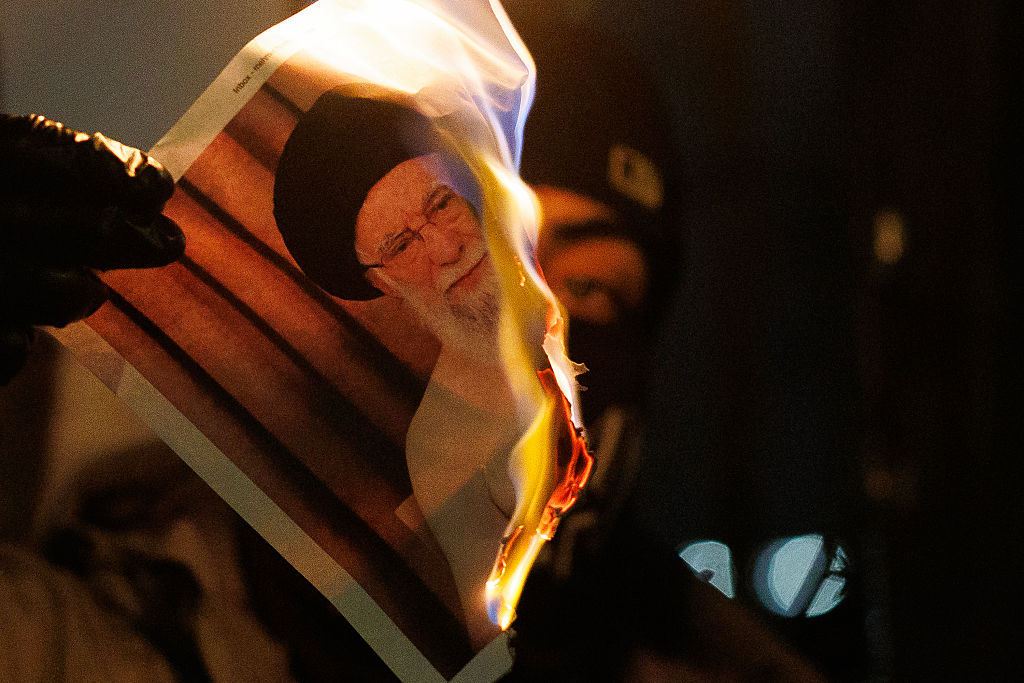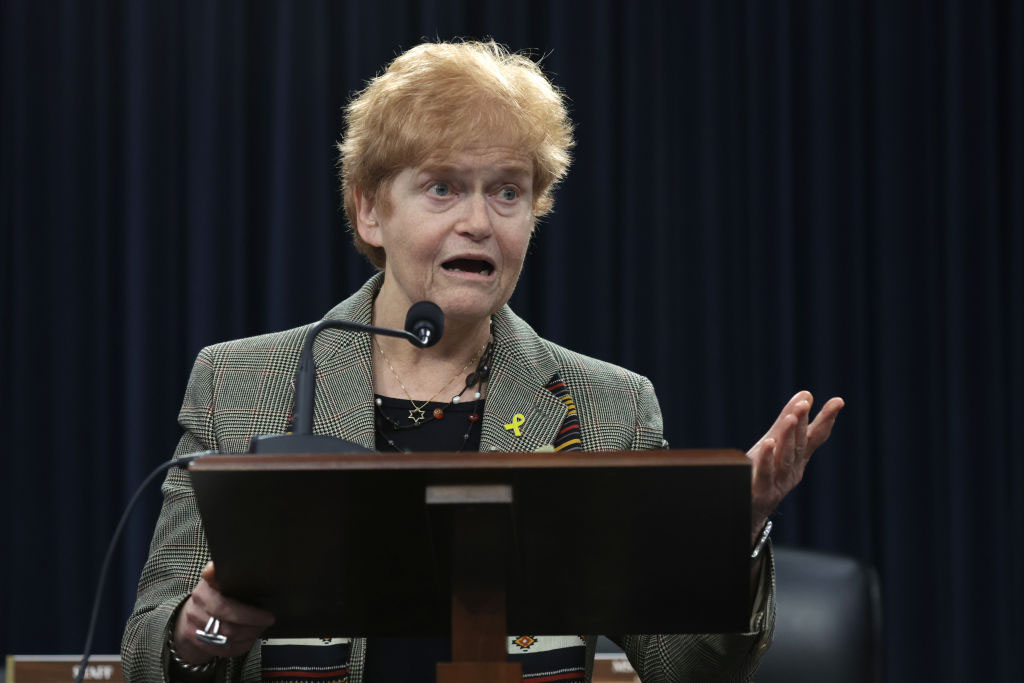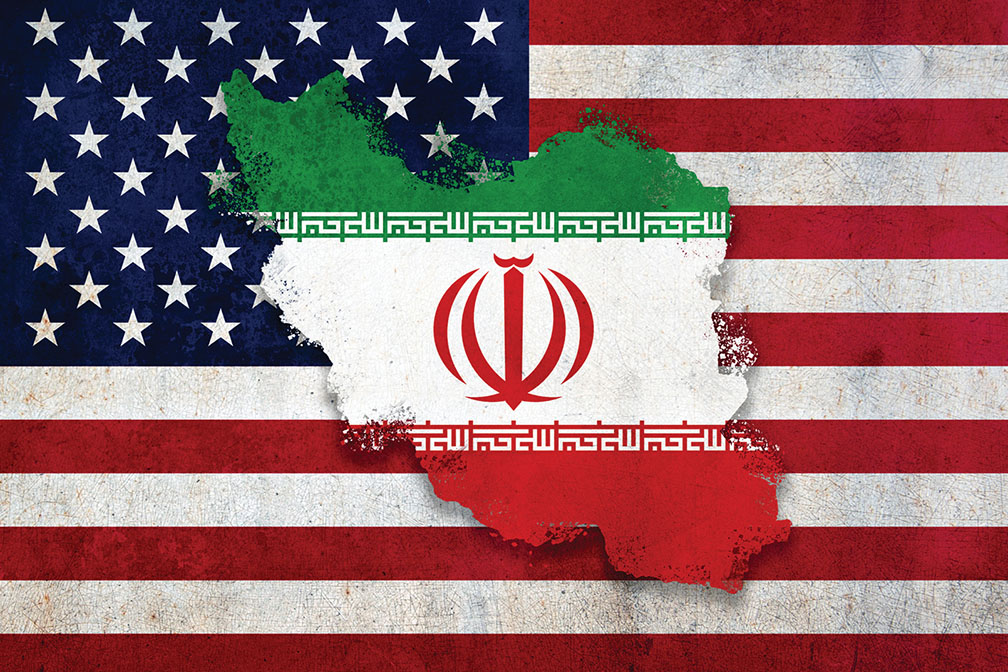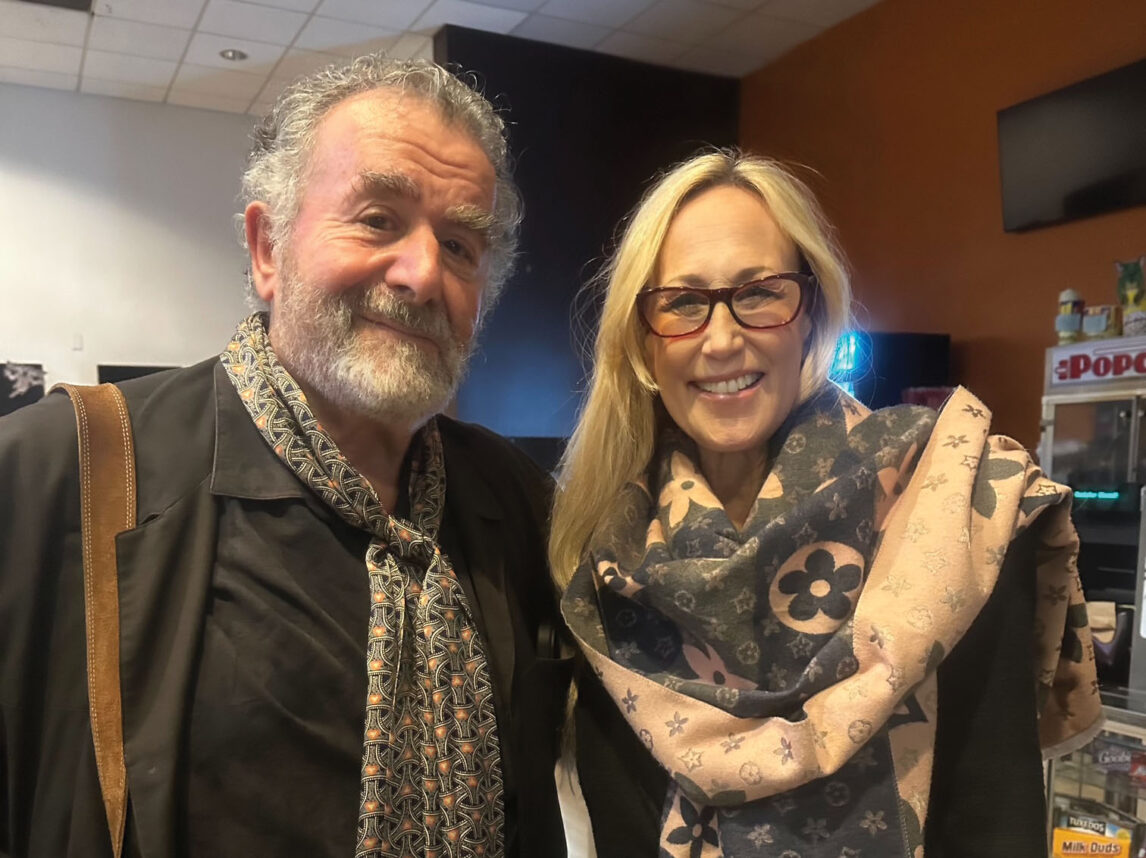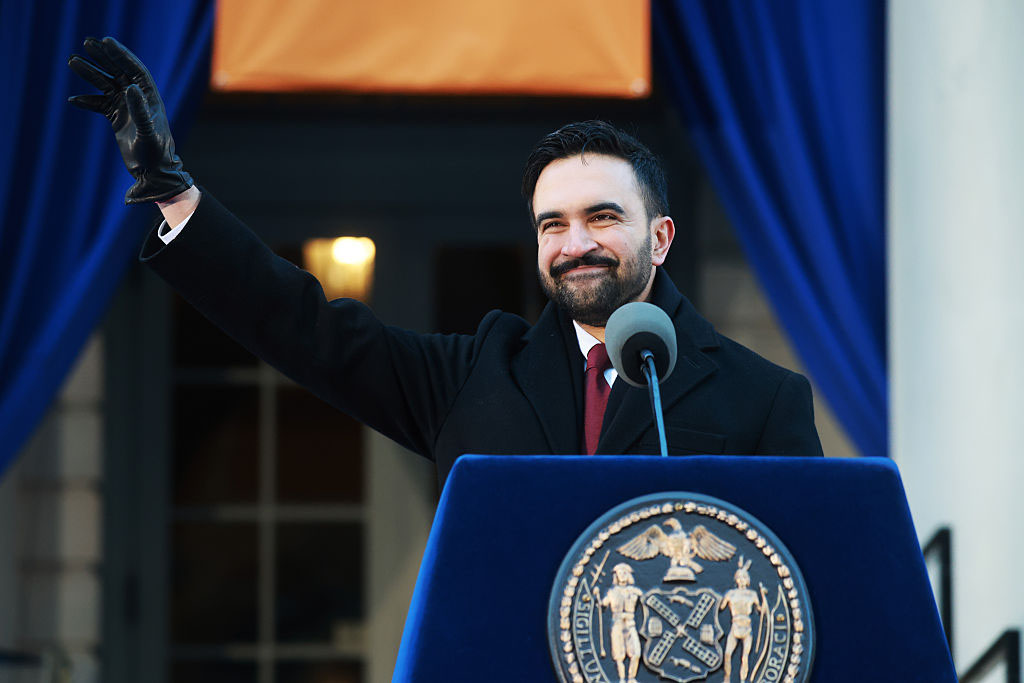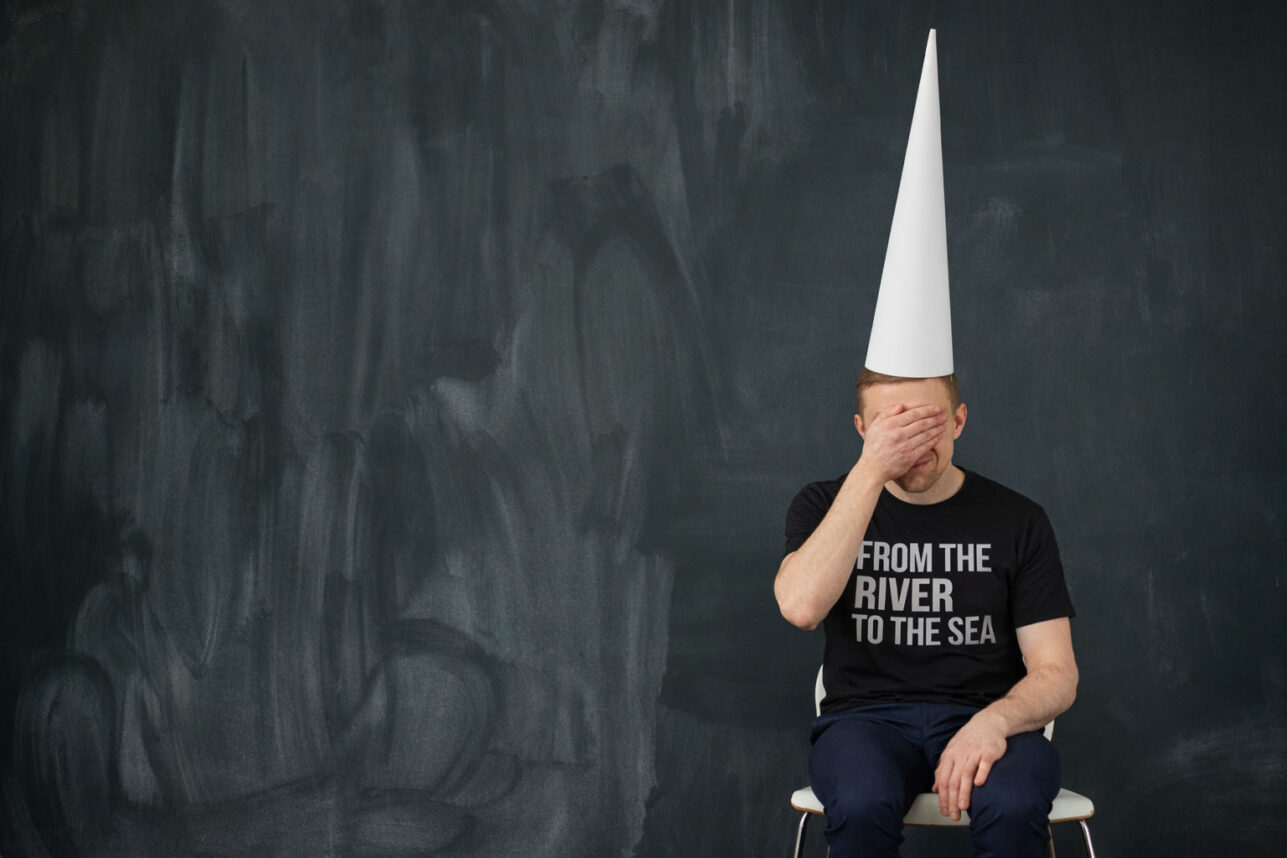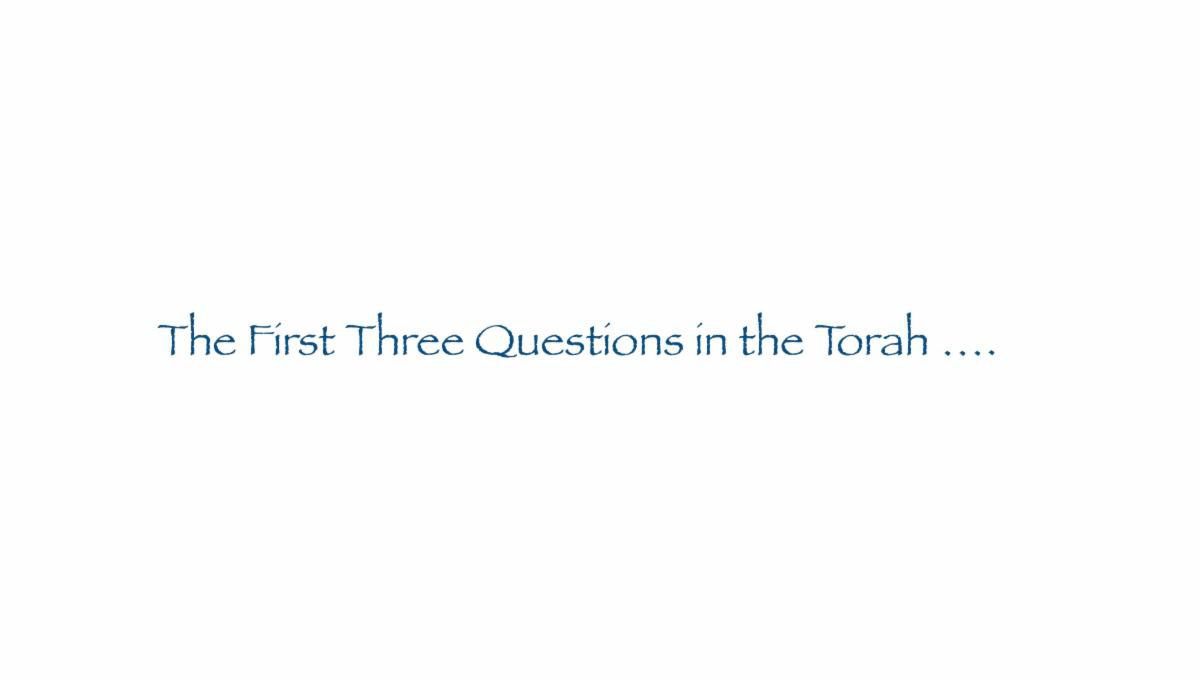
As is their habit, Congress raised almost as many questions as they answered when they passed the nation’s annual budget this month. Buried underneath the headlines about taxes, immigration and Medicaid was a less-noticed provision of the final agreement that could have a profound impact on the future of the Jewish American community.
As part of the budget deal, a congressional majority voted to allow taxpayer dollars to be indirectly used to finance private or religious school tuition for students. While several states have adopted this concept in recent years, this will be the first time that this option will be available throughout the country.
Historically, most Democrats have fiercely opposed such programs, arguing that they redirect necessary funding from the nation’s public schools. There are pockets of support among traditional left-leaning constituencies, primarily parents from underrepresented communities whose children benefit directly from access to a wider array of educational options. But most advocates of voucher or other school choice proposals tend to be ardent conservatives, often with a strong set of religious beliefs that they believe should be part of their children’s schooling.
Not surprisingly, the preferences of the left-leaning American Jewish community break down along similar lines. The bulk of Orthodox Jews are voucher advocates, while those in the Conservative and Reform movements who comprise the majority of the Jewish population are more wary of the concept. But although most Jews in this country have disagreed with the spread of vouchers in the past, the next decision they will face will be less philosophical and much more tangible.
Simply put: will those who cannot afford private or parochial school tuition take advantage of the opportunity to provide their own children with a potentially superior education, or instead sacrifice that prospect to make sure that there is additional funding for students whose parents choose to keep them in a public school?
Complicating matters further is the growing belief that a deeper recommitment to Jewish education is one of the most important ways to protect our community in the political and cultural environment that has emerged since the Hamas terrorist attacks of October 2023. Parents who may have once been content to continue their children’s secular learning may now be more tempted to enroll them in a Jewish day school for both educational and cultural reasons – and possibly their emotional and physical safety.
The budget bill permits each state to decide for itself whether to make the necessary tax break available to their own residents. So it wouldn’t be surprising for New York, California and other deep-blue states with large Jewish populations to choose to opt out. But it’s worth wondering whether Democratic voters with children – Jewish and otherwise – might attempt to pressure their own governors and legislators to participate.
In his book “Why We’re Polarized,” New York Times columnist Ezra Klein argues that voters tend to make policy and political decisions for two distinct reasons. Klein cites research that demonstrates how we make our choices not only based on how a particular policy impacts our lives but also how we want to be perceived by others. Think of this as the distinction between practical decision-making as opposed to expressive decision-making (my terminology, not Klein’s).
At the core of our Jewish identity is a deep and powerful commitment to education. The common thread that unites us all and defines our history is our justified belief that providing our children with the opportunity to learn is the key to their success and to our survival.
In 21st-century America, maintaining that conviction has become increasingly complicated. Philosophically, we want every child to have those opportunities. But we also have an understandably overriding interest in ensuring that the schooling of our own daughters and sons is as high-quality as possible. More and more frequently, tensions have emerged between those two laudable goals. Prioritizing which should come first is about to become far more difficult for many of us.
In other words, Jewish parents will soon need to decide whether their ideals come before their own interests – and those of their children.
Dan Schnur is the U.S. Politics Editor for the Jewish Journal. He teaches courses in politics, communications, and leadership at UC Berkeley, USC and Pepperdine. He hosts the monthly webinar “The Dan Schnur Political Report” for the Los Angeles World Affairs Council & Town Hall. Follow Dan’s work at www.danschnurpolitics.com.









